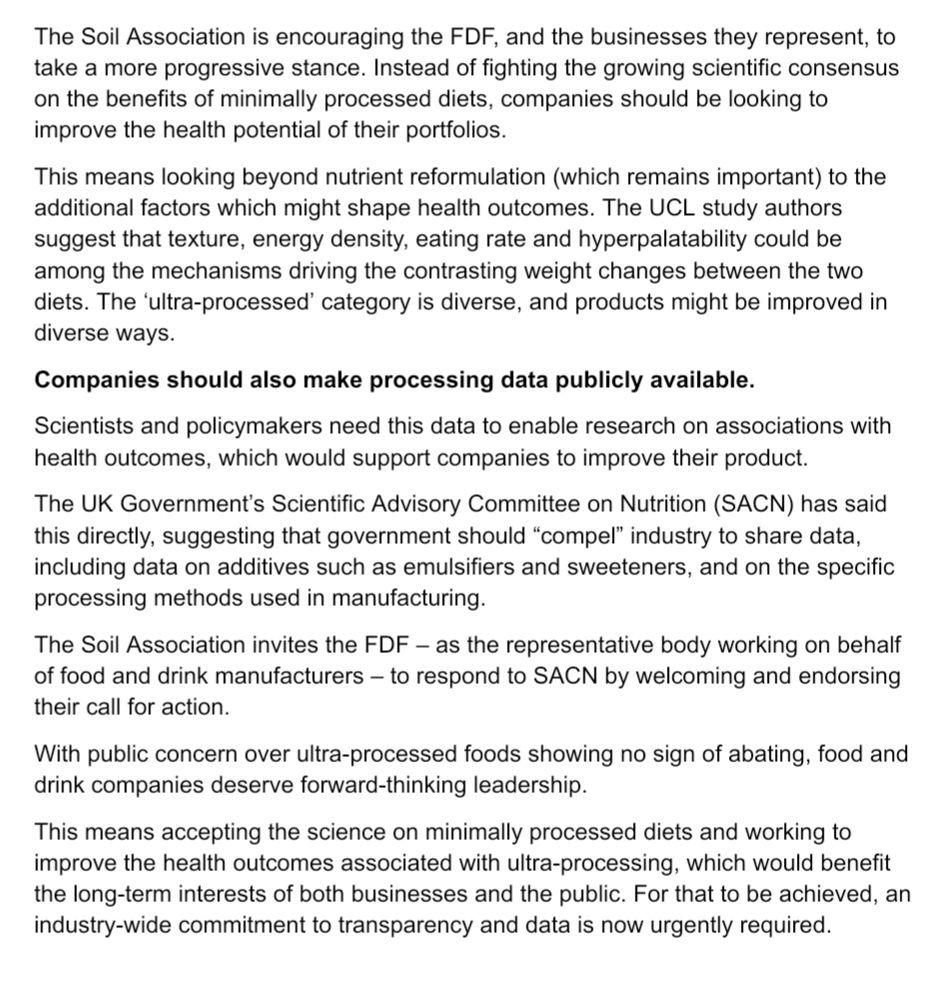Rob Percival
@rob-percival.bsky.social
5.8K followers
370 following
190 posts
Author of 'The Meat Paradox'. Head of Food Policy at the Soil Association https://www.soilassociation.org/. Agroecology, Food Systems, Sustainable Diets. Views my own. http://linktr.ee/rob_percival_
Posts
Media
Videos
Starter Packs
Reposted by Rob Percival
Reposted by Rob Percival
DeSmog
@desmog.com
· 19d

Revealed: ‘Chilling’ Surveillance of Activists by Meat and Dairy Industry
The U.S. meat industry has engaged in intrusive surveillance of animal rights groups, including monitoring relationships between activists and tracking employees of leading charities. The industry-fun...
www.desmog.com
Reposted by Rob Percival
Reposted by Rob Percival
Reposted by Rob Percival
Rob Percival
@rob-percival.bsky.social
· Aug 22
Rob Percival
@rob-percival.bsky.social
· Aug 22
Rob Percival
@rob-percival.bsky.social
· Aug 22
Rob Percival
@rob-percival.bsky.social
· Aug 22
Rob Percival
@rob-percival.bsky.social
· Aug 22
Rob Percival
@rob-percival.bsky.social
· Aug 22
Rob Percival
@rob-percival.bsky.social
· Aug 22
Rob Percival
@rob-percival.bsky.social
· Aug 22
Rob Percival
@rob-percival.bsky.social
· Aug 22
Rob Percival
@rob-percival.bsky.social
· Aug 22

Nature knows best: processed food is bad for weight loss
Nature knows best: minimally processed foods are better for your health and - surprise, surprise - processed food is bad for your diet, says Rob Percival, head of policy, food and health at Soil Assoc...
share.google
Rob Percival
@rob-percival.bsky.social
· Aug 18
Rob Percival
@rob-percival.bsky.social
· Aug 18















